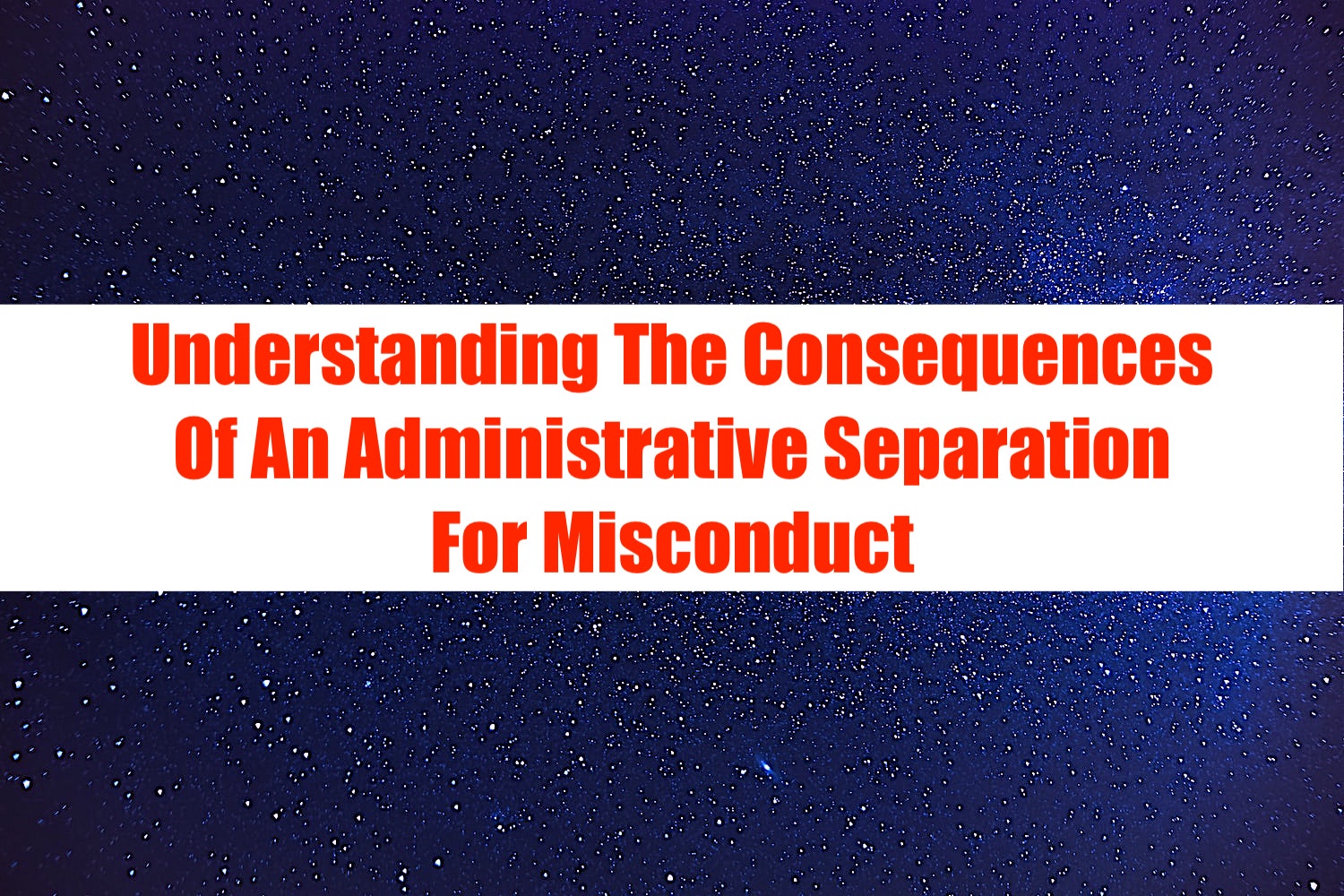During a criminal prosecution, there are many defense-side decisions that are left up to the lawyers: which witnesses to call, what exhibits to offer, what objections to make, and even what theory of the case to use. The defense attorney is the one who makes these calls, not the actual Defendant or “Accused.” That said, there are a few specific items that only the person on trial can decide. These incluide whether or not to plead guilty, whether to be tried by a jury versus by a judge, and most importantly: whether or not to take the stand testify in one’s own defense.
It is important to remember that every criminal trial is different. What might be a good idea or strategy in one case could be a terrible one in another. Some say “you have to testify in your own defense, otherwise the jury will suspect you did it and convict you.” That claim is absolutely false. We have secured countless acquittals where our clients exercised their rights and sat silent throughout the trial.
Sometimes, due to the evidence involved and the details of the case, we may advise a client to testify. Has it happened? Yes, there have been plenty of times when we assessed the case and determined that the best strategy was to have the client take the stand and testify under oath. But, generally speaking, our default answer is that testifying in one’s own defense is a terrible idea. Here’s why….
First of all, testimony under oath must be truthful. If you plan to lie under oath, it can cause the trial to turn into a circus with you playing the role of the clown. As lawyers, we cannot put perjured testimony on the stand, so, if we believe that you are likely to lie when you testify in your own defense, there are certain steps that a lawyer must take under in that moment which can influence your case in a very negative way.
It is also important to remember that once you are on the stand, you cannot “plead the fifth” to any question. Once you give up your right to self against self-incrimination under the Fifth Amendment and testify in your own defense of trial, it means that the prosecution will ask you things that they would love to have you say, and you will need to answer truthfully. Essentially, you might become their star witness, and are helping them prosecute you. Not a great thing.
Finally, and most importantly, even if you have nothing but helpful things to say truthfully in your own defense, testifying in a trial raises complicated and dangerous dynamic of how you will appear to the jury. Military juries in particular love to scrutinize witnesses. They also have very strong preconceived notions about how individual service members should act under certain circumstances, so there is a very strong possibility that you might use a phrase, or describe something, which the jurors find negative. This is one of the great risks of testimony in front of juries: they may fixate on some random unimportant fact and allow it to unduly influence their overall assessment of the case. In other words, based on something you say that has no legal significance, you could be convicted based on just how the jury took your look, appearance, body posture, or something else. For someone on trial for a criminal offense, this is simply to greater risk to taste in most circumstances.
The work of planning a defense at a court-martial, including the assessment of whether it makes sense to testify, is a complex task with major, lifelong consequences for the person on trial. If you happen to find yourself in such a precarious position, I strongly encourage you to seek the assistance of qualified counsel with a track record for success in the courtroom
You Might Also Like These Articles




